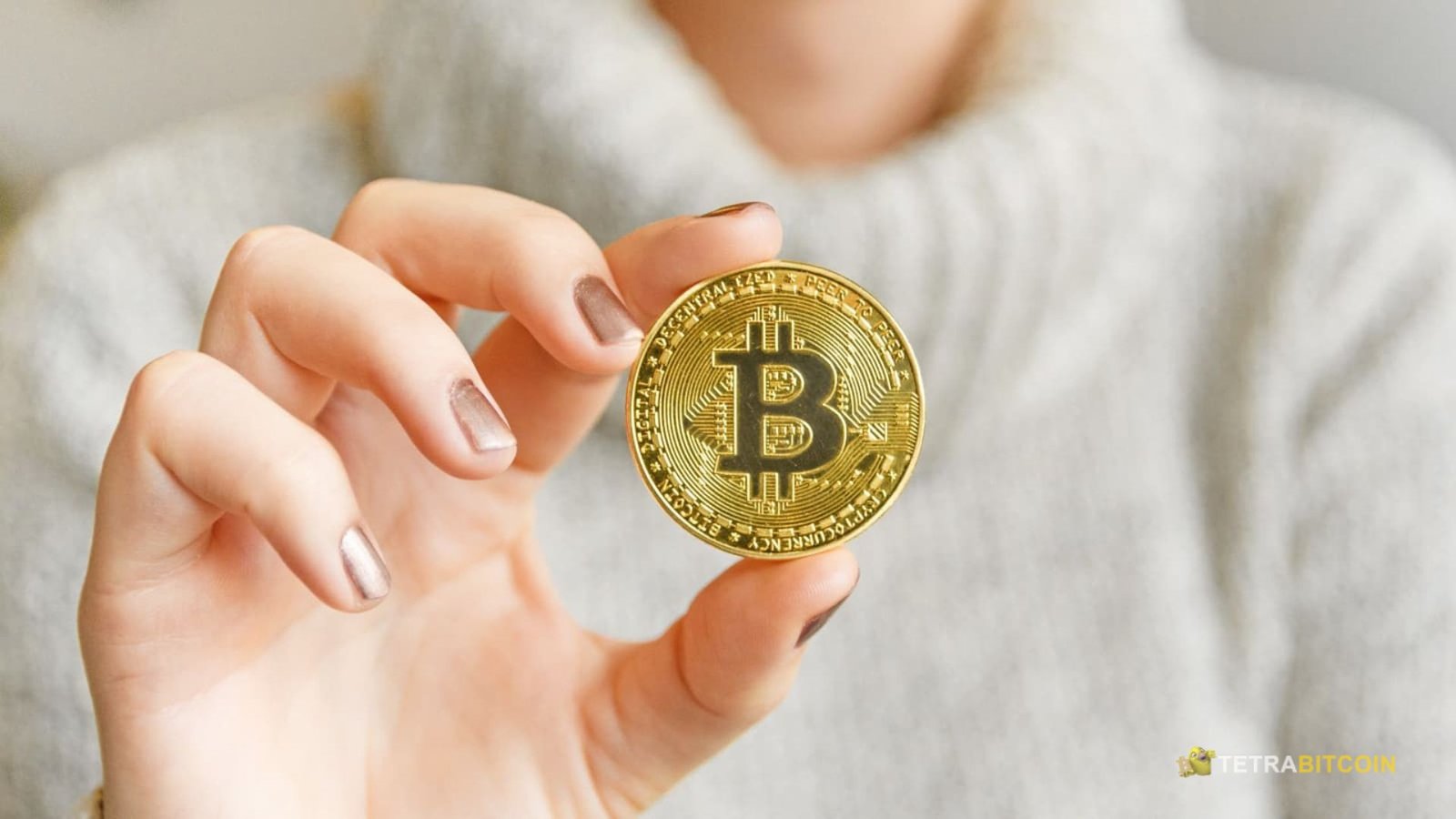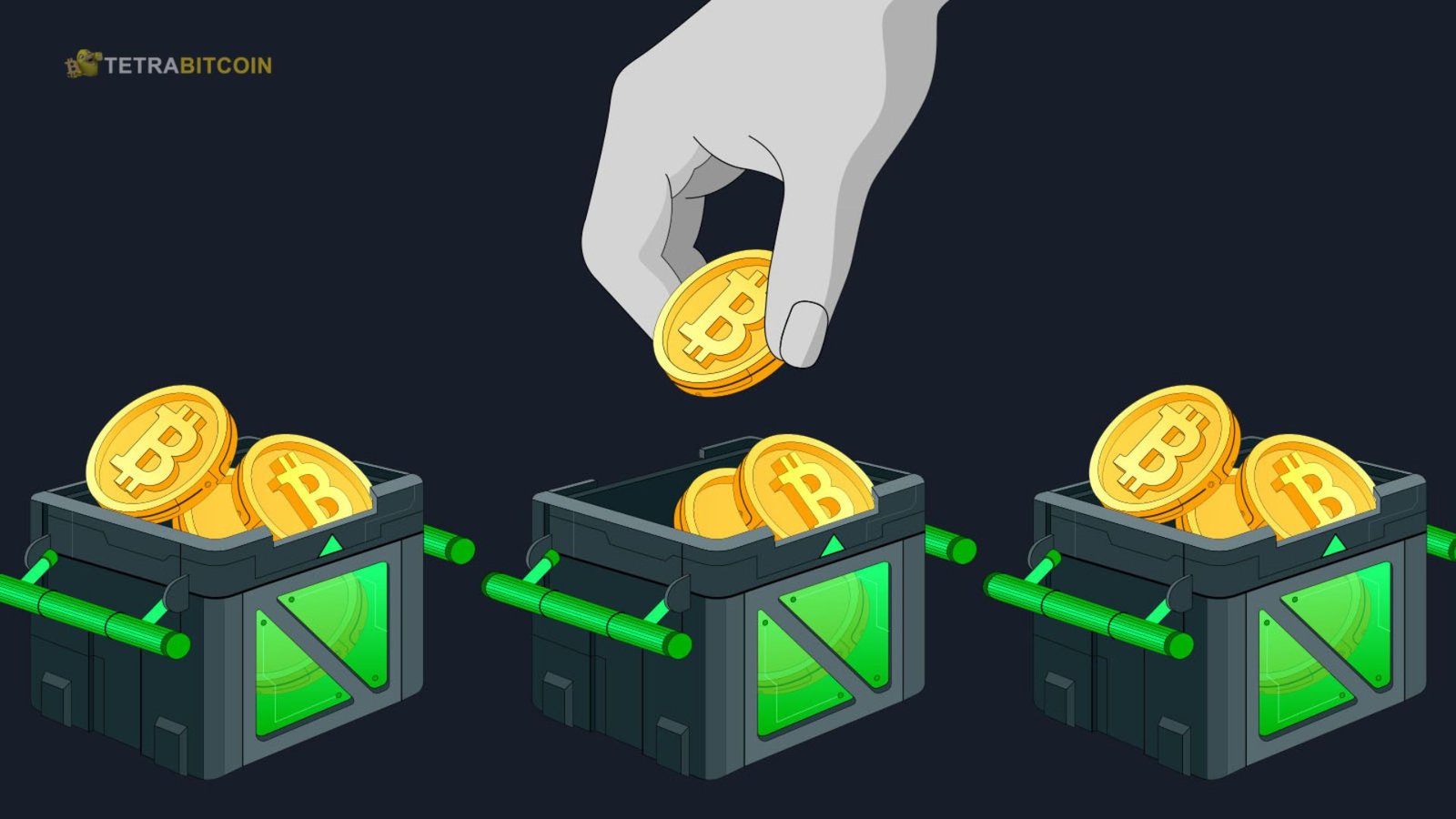The earliest and most well-known cryptocurrency, Bitcoin, has been admired and criticized since its launch in 2009. In addition to its use as a medium of exchange, its potential as an investment vehicle has recently come to light. The question then becomes, how Does Bitcoin Investment Work, and why has it gained such widespread interest? This blog will guide you through investing in Bitcoin by covering the basics, possible dangers, and essential tactics.
Understanding Bitcoin Investment
To invest in Bitcoin is to buy the cryptocurrency with the hope that its value will rise. Although Bitcoin’s decentralized digital currency status makes it an attractive investment opportunity, the substantial dangers associated with its price volatility make it unsavory. Bitcoin investments should only be made after careful consideration of one’s risk tolerance, familiarity with market movements, and extensive study.
How Does Bitcoin Investment Work?
To invest in Bitcoin, one must first acquire the cryptocurrency through a platform or exchange, expecting to sell it for a later profit. Bitcoin offers several investment options, including digital wallets, trading, and dollar-cost averaging. To be a successful investor, you must understand market trends and security measures.
Buying and Holding Bitcoin (HODLing)
One of the most accessible ways to invest in Bitcoin is to buy it and then keep it in your possession, expecting its price to increase. “HODLing” is the name given to this technique, which was first derived from the misspelled word “hold” but has now become a famous slogan in the cryptocurrency world. Investors who follow this approach think Bitcoin’s long-term potential exceeds its short-term price swings.
Bitcoin Trading
Participating in Bitcoin trading entails making purchases and selling Bitcoin to profit from price fluctuations. Trading, in contrast to owning, necessitates a comprehensive knowledge of the market, the ability to perform technical analysis, and the capacity to make judgments instantly. Day and swing trading are two short-term tactics traders frequently employ to capitalize on Bitcoin’s fast price fluctuations.
Bitcoin Mining
Bitcoin mining is an additional method of acquiring Bitcoin, although it is not strictly speaking an investment. Mining is validating Bitcoin transactions on the blockchain by solving complicated mathematical problems using processing power. As a token of appreciation, miners get Bitcoin.
Nevertheless, mining is now challenging and costly because it requires significant computer power. People who don’t have access to inexpensive power and specialized mining gear are less likely to consider it an investment.
Investing in Bitcoin-Related Companies
Investors may also obtain exposure to Bitcoin without directly acquiring the cryptocurrency by investing in businesses connected to the Bitcoin ecosystem. This is yet another approach to gaining exposure to Bitcoin. Firms that mine Bitcoin, firms that provide services related to Bitcoin (such as exchanges), and even companies that retain Bitcoin on their balance sheets might fall under this category.
Why People Invest in Bitcoin
Potential for High Returns
Throughout its history, Bitcoin has consistently offered substantial returns to early investors. At its highest point between 2010 and 2021, its value skyrocketed from a few pennies to over sixty thousand dollars. Despite its notorious volatility, many investors are drawn to it because of the possibility of substantial long-term returns.
Decentralization and Independence
On the other hand, Bitcoin functions autonomously, in contrast to traditional investments connected to governments or central banks. Investors who place a high value on decentralization and wish to avoid the effects of inflation, interest rate rises, and other monetary policies would find this a very appealing investment opportunity.
Hedge Against Inflation
It is common practice to compare Bitcoin to gold when discussing “haven” investments. Many investors look to Bitcoin to protect themselves against inflation during economic turmoil. Because Bitcoin is limited to 21 million coins, it is not susceptible to inflationary policies that might cause traditional currencies to lose significance.
The Risks of Bitcoin Investment
High volatility, legislative ambiguity, and possible security breaches are some dangers of investing in Bitcoin. Extreme price swings can wreak havoc on your bank account. Investors should consider additional risks before putting their money into digital wallets because of the difficulties of safeguarding them and the absence of consumer safeguards.
Volatility
Due to its vast variations, Bitcoin’s price is notoriously volatile. In 2017, it skyrocketed from less than $1,000 to almost $20,000, but by 2018, it had dropped to $3,000, a significant decrease. Investors must be prepared for substantial short-term volatility to prevent worrying during market decreases and avoid panicking.
Regulatory Risks
Due to Bitcoin’s decentralized nature and primarily uncontrolled nature, governments worldwide have adopted various strategies to regulate its utilization. Some nations have accepted it, but others have wholly prohibited it. Because regulatory shifts have the potential to influence the value of Bitcoin, investors need to keep this risk element in mind.
Security Concerns
However, the systems that allow you to purchase, sell, or store Bitcoin (such as exchanges or digital wallets) are susceptible to hacking. This is even though Bitcoin is safe owing to the underlying blockchain technology. In the past, several prominent Bitcoin exchanges have been the target of hacking attacks, which have led to significant financial losses for participants.
Market Adoption
Even if more and more people are using Bitcoin, it is still not widely acknowledged and widely used. The price of Bitcoin may remain unchanged or even decrease if it is unable to attain broad adoption as a currency or reserve of value.
Critical Strategies for Bitcoin Investment Success
If you want to be a successful Bitcoin investor, do your homework, diversify your holdings, and use dollar-cost averaging to smooth out price swings. To handle market volatility successfully, it is important to have defined investing goals and to keep a long-term view. You should also use secure wallets and keep updated on market developments to safeguard your money.
Do Your Research
Before you buy Bitcoin, make sure you do your homework. Know the underlying technologies, current market trends, and variables that affect pricing changes. Keep current with credible news sources and regulatory developments. Participating in community conversations and picking the brains of seasoned investors can also help you make better financial selections.
Diversify Your Investment
One of finance’s most widely accepted guidelines is to avoid placing all your eggs in one basket. Bitcoin should be no more than a single component of a diversified financial portfolio. Consider diversifying your holdings by investing in various assets, including real estate, equities, bonds, and other cryptocurrencies.
Manage Risk
Avoiding overexposure by diversifying your portfolio, establishing explicit investment limits, and protecting against significant losses using stop-loss orders are all ways to manage risk while investing in Bitcoin. Always keep an eye on the market and your financial objectives while reevaluating your approach, and never put more money at risk than you can afford to lose.
Use a Reputable Exchange and Secure Wallet
You may confidently purchase Bitcoin when you do it through an established exchange. Choose platforms with solid safety features, helpful customer service, and high ratings. To further increase the security of your investment, it is recommended that you store your Bitcoin in a secure wallet, ideally a hardware wallet, to prevent theft or unauthorized access.
Expert Insights on Bitcoin Investment
Notable people in the financial sector have spoken out about investing in Bitcoin, and their thoughts might shed light on the topic.
“The demand for Bitcoin is growing at a rate that exceeds the supply, which is growing at a rate of 2% per year,” remarked the revered value investor Bill Miller. Bitcoin will continue to rise in value so long as that is true.
Conversely, crypto skeptic Warren Buffett called Bitcoin “rat poison squared.” This highlights that not everyone thinks Bitcoin will be around in the future.
Read More: Bitcoin News BlackRock’s Cryptocurrency Market Impact
Conclusion
Investing in Bitcoin may be lucrative but dangerous. Extreme volatility, security concerns, and legal ambiguity accompany its promise of huge profits, decentralization, and protection from inflation. Know your risk tolerance, consider your long-term financial objectives, and familiarize yourself with Bitcoin’s inner workings before investing.
If you’re considering investing in Bitcoin, do your homework, diversify your holdings, and keep up with the news regarding the dynamic world of cryptocurrencies.
[sp_easyaccordion id=”2792″]

